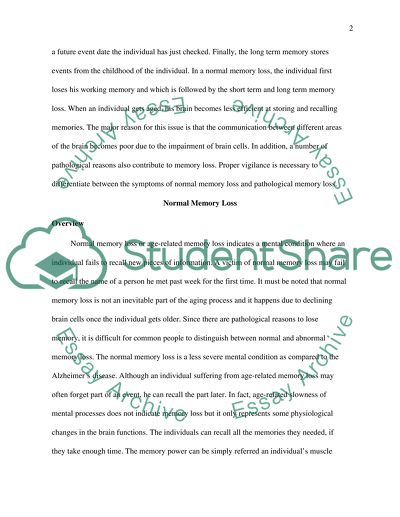Cite this document
(“Research paper : memory and ageing: normal and pathological memory”, n.d.)
Retrieved from https://studentshare.org/nursing/1472358-research-paper-memory-and-ageing-ypnormaly-and
Retrieved from https://studentshare.org/nursing/1472358-research-paper-memory-and-ageing-ypnormaly-and
(Research Paper : Memory and Ageing: Normal and Pathological Memory)
https://studentshare.org/nursing/1472358-research-paper-memory-and-ageing-ypnormaly-and.
https://studentshare.org/nursing/1472358-research-paper-memory-and-ageing-ypnormaly-and.
“Research Paper : Memory and Ageing: Normal and Pathological Memory”, n.d. https://studentshare.org/nursing/1472358-research-paper-memory-and-ageing-ypnormaly-and.


